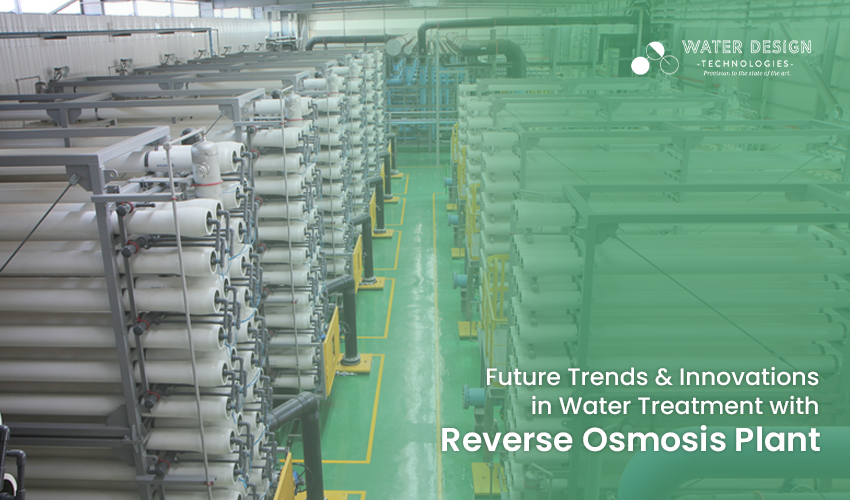Introduction: Water scarcity and pollution continue to pose significant challenges globally, highlighting the critical need for innovative solutions in water treatment. In Surat, a city known for its forward-thinking approach, the adoption of reverse osmosis (RO) plant technology is shaping the future of water treatment. This article explores the evolution of RO plant technology, current trends, and the innovative advancements driving future trends in water treatment in Surat.
Evolution of Reverse Osmosis Plant Technology
The origins of reverse osmosis date back to the mid-20th century when scientists first began exploring membrane-based filtration processes. Over the years, advancements in membrane materials, design, and manufacturing techniques have significantly improved the efficiency and effectiveness of RO plants. Today, RO plant technology represents a sophisticated solution for removing contaminants and purifying water on a large scale.
Current Trends in Water Treatment with RO Plants
Surat, like many cities facing water scarcity challenges, has embraced RO plant technology as a key component of its water treatment infrastructure. The installation of RO plants across the city has played a crucial role in ensuring access to clean and safe drinking water for its residents. Furthermore, RO plants have become instrumental in addressing water scarcity by providing a reliable source of potable water.
Innovations Driving Future Trends
One of the most notable advancements in RO plant technology is the development of enhanced membrane materials. These next-generation membranes offer improved filtration efficiency, allowing for higher water recovery rates and reduced energy consumption. Additionally, the integration of Internet of Things (IoT) devices and smart monitoring systems enables real-time monitoring and optimization of RO plant operations, enhancing reliability and performance.
Sustainable Practices in RO Plant Operations
In addition to technological advancements, RO plant operators in Surat are adopting sustainable practices to minimize environmental impact. Energy-efficient processes, such as energy recovery systems and low-pressure membranes, help reduce the carbon footprint of RO plant operations. Furthermore, the utilization of renewable energy sources, such as solar power, contributes to the overall sustainability of water treatment processes.
Addressing Challenges and Future Prospects
Despite the advancements in RO plant technology, challenges such as water quality concerns and operational efficiency persist. Continued research and development efforts are needed to overcome these challenges and further enhance the performance of RO plants. Looking ahead, the future of water treatment in Surat involves the continued expansion and integration of RO plants into the city’s infrastructure, ensuring access to clean water for future generations.
Conclusion
In conclusion, the future of water treatment in Surat is shaped by innovation, sustainability, and resilience. The evolution of reverse osmosis plant technology, coupled with ongoing advancements and sustainable practices, positions Surat as a leader in addressing water scarcity challenges. By embracing future trends and innovations, Surat is paving the way for a more sustainable and water-secure future.


